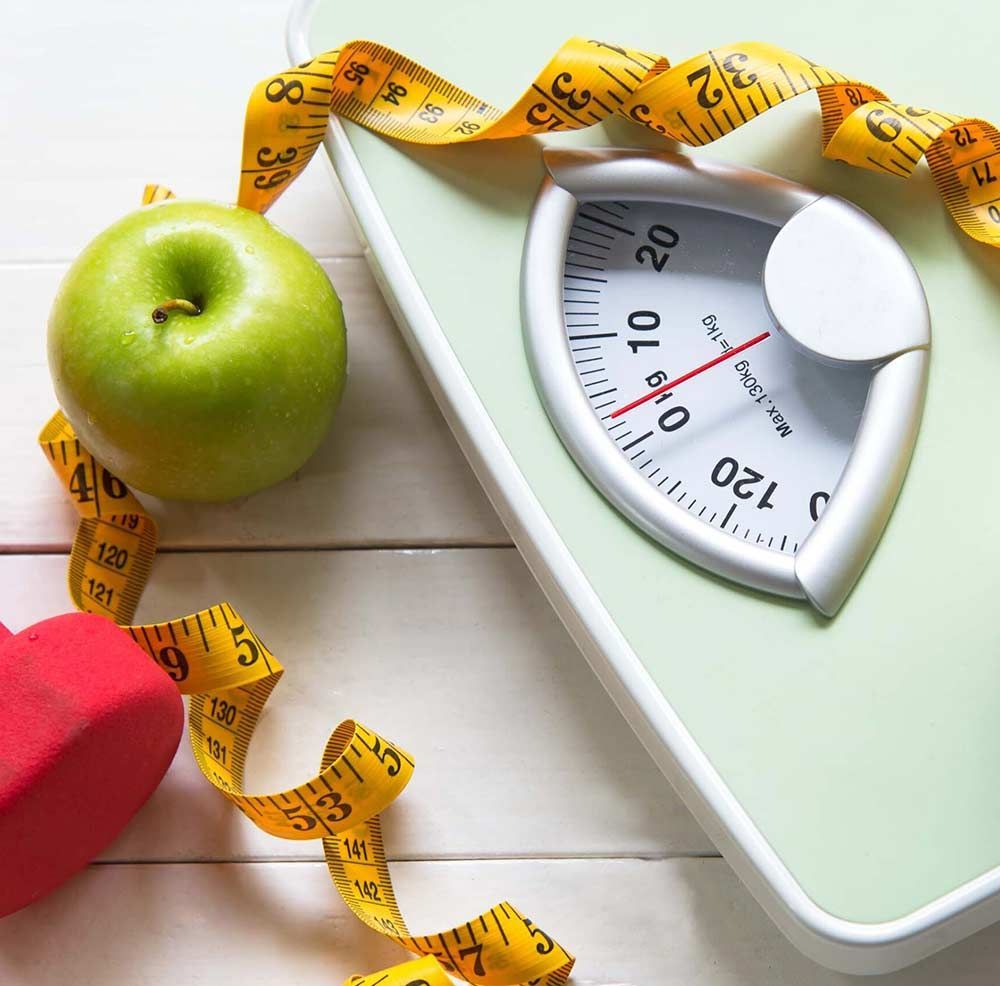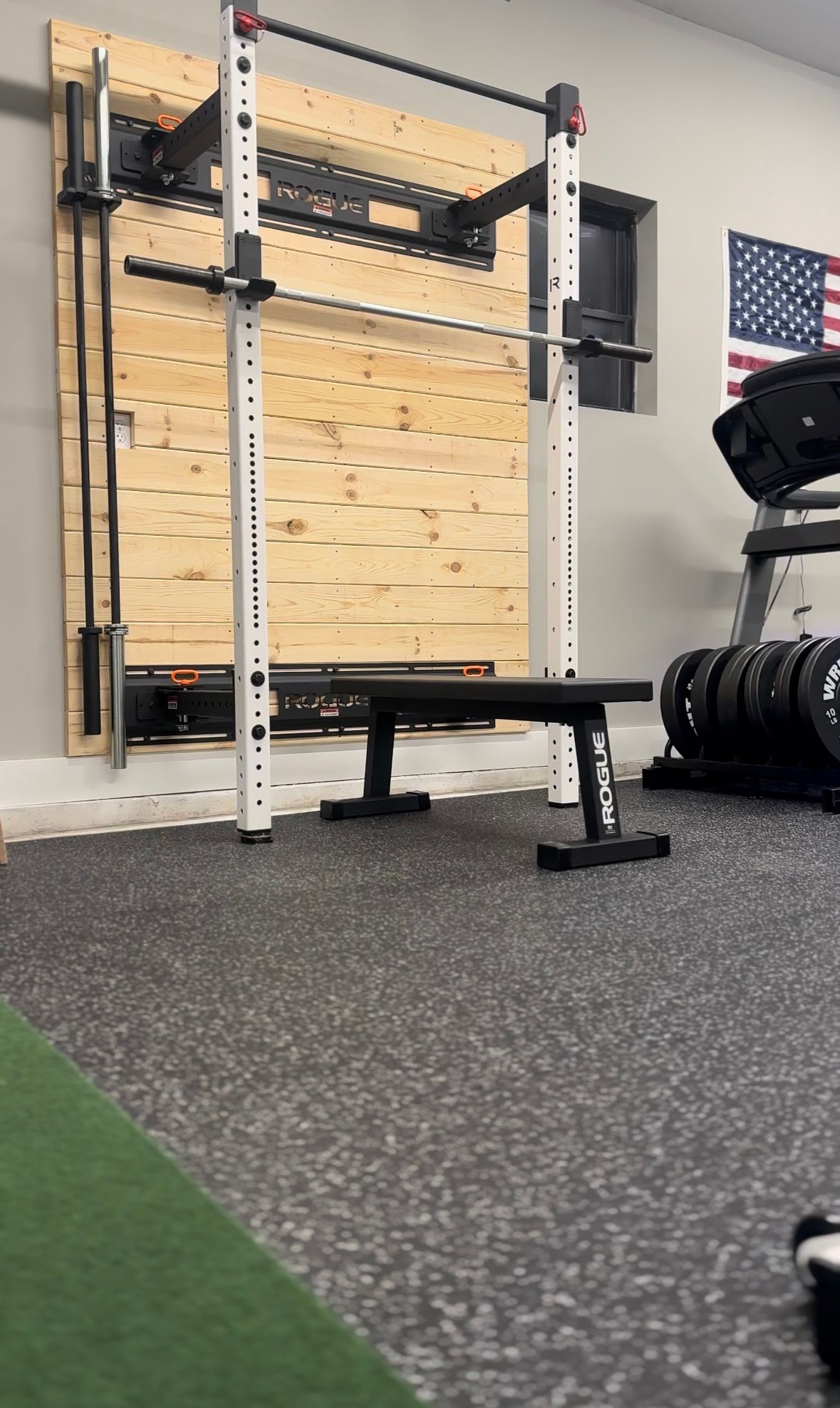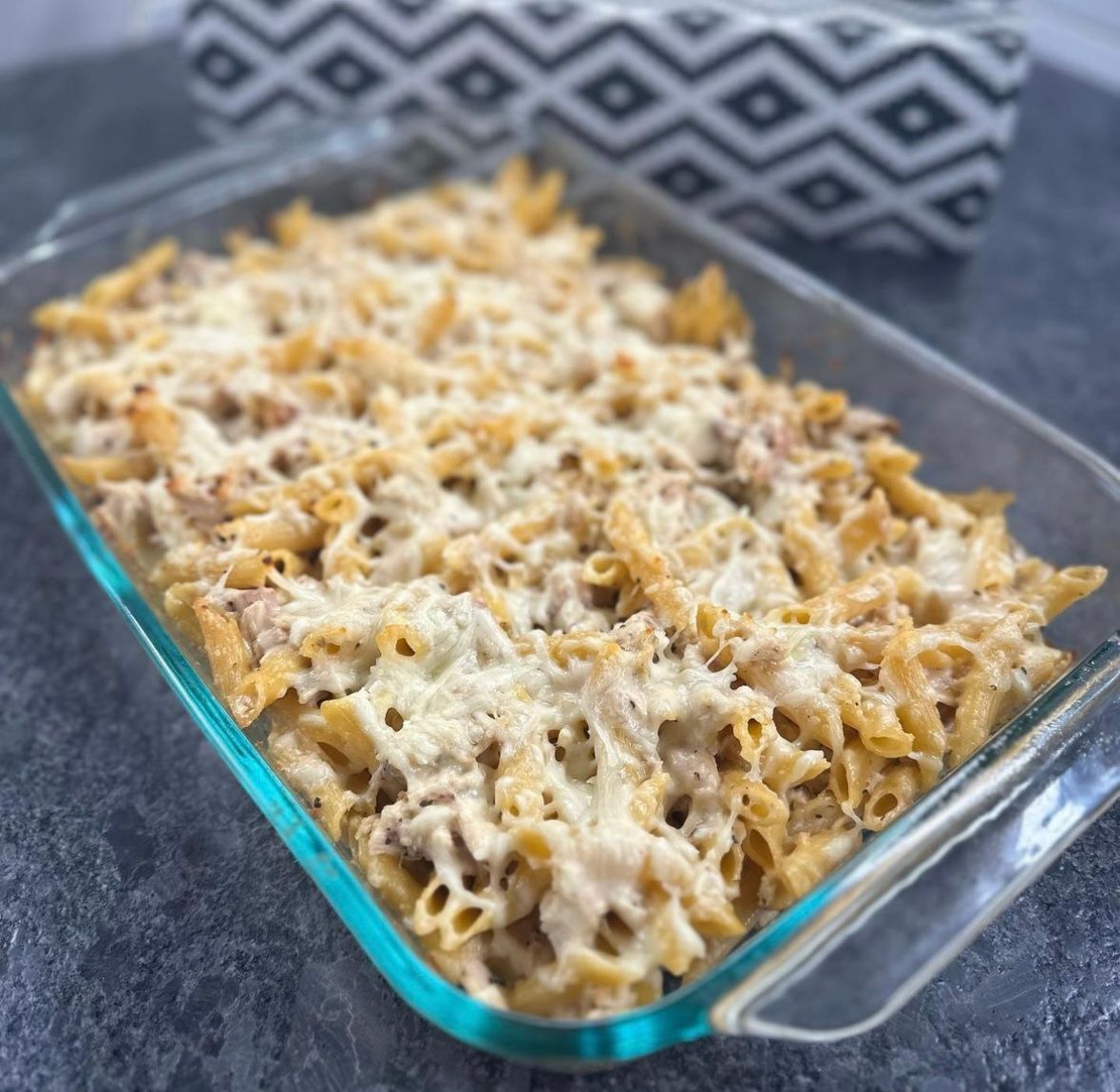Wolff Pack Performance
WE Closed on The Lot!
wolff pack performance: The Role of Protein In effective fat loss
Are you on a mission to shed those extra pounds and achieve a healthier, more confident you? If so, you've likely explored various diets, exercise routines, and fat-burning secrets. In your journey to a leaner physique, one crucial element often overlooked is the role of protein. Understanding how protein plays a pivotal role in fat loss can be a game-changer on your weight loss path. In this comprehensive guide, we will dive into the science behind it and provide you with valuable insights on incorporating protein into your weight loss strategy.
Protein and Metabolism
To comprehend how protein contributes to fat loss, it's essential to grasp its relationship with your metabolism. Protein has a high thermic effect, meaning your body burns more calories during the digestion and absorption of protein than with fats or carbohydrates. This increased metabolic rate, known as the thermic effect of food (TEF), can give your metabolism a significant boost.
Consuming a high-protein diet can increase your daily calorie expenditure, even at rest. This not only helps you maintain a healthy weight but also aids in weight loss by creating a calorie deficit, a fundamental principle of losing body fat.
Satiety and Reduced Cravings
Protein is renowned for its ability to keep hunger at bay. When you include protein-rich foods in your diet, you're more likely to feel full and satisfied for an extended period. This satiety effect is due to protein's impact on hunger-regulating hormones, such as ghrelin and leptin.
Reduced hunger and cravings translate into better control over your calorie intake. It's much easier to stick to your weight loss plan when you're not constantly battling hunger pangs. Protein, thus, plays a pivotal role in helping you adhere to your dietary goals.

Muscle Preservation and Fat Loss
During a weight loss journey, it's essential to preserve lean muscle mass while shedding excess fat. Protein plays a critical role in this process. When you consume an adequate amount of protein, your body has the amino acids necessary for maintaining and repairing muscle tissue. Moreover, when you're in a calorie deficit, as is often the case during a weight loss regimen, the risk of muscle loss increases.
Protein helps mitigate this risk by providing your body with the building blocks it needs to preserve muscle mass, ensuring that the weight you lose primarily consists of fat.
Enhanced Fat Oxidation
Fat oxidation, the process of breaking down and utilizing stored fat for energy, is a central aspect of fat loss. Protein intake can boost your body's ability to oxidize fat. This occurs through various mechanisms, including the activation of specific enzymes and metabolic pathways. Incorporating protein into your diet can enhance the efficiency of fat utilization, making it an excellent ally in your fat loss journey. The more effectively your body burns fat for energy, the more you'll see those unwanted pounds disappear.
Practical Tips for Maximizing Protein's Role in Fat Loss
Now that you understand the critical role protein plays in fat loss, let's explore some practical tips on how to leverage this knowledge for maximum results:
1. Calculate Your Protein Needs
Determining your daily protein requirements is the first step. A general guideline is to consume around 0.8 to 1.2 grams of protein per pound of body weight. Adjust this based on your activity level and goals.
2. Diversify Your Protein Sources
Variety is key. Incorporate lean meats, poultry, fish, dairy products, legumes, and plant-based sources like tofu to ensure a balanced intake of essential amino acids.
3. Timing Matters
Distribute your protein intake throughout the day to promote muscle protein synthesis and support metabolism. Consider having a protein-rich breakfast to kickstart your day.
4. Protein Supplements
If you struggle to meet your protein goals through whole foods, consider adding protein supplements like whey, casein, or plant-based options. Consult with a nutritionist for personalized recommendations.
5. Stay Hydrated
Protein metabolism requires adequate hydration. Ensure you drink enough water throughout the day to support the digestion and utilization of protein.
6. Monitor Progress
Track your protein intake and its effects on your weight loss journey. Adjust your protein intake as needed to align with your goals.

The Importance of Balanced Nutrition
In the pursuit of effective fat loss, protein emerges as a key player. Its impact on metabolism, satiety, muscle preservation, and fat oxidation makes it a valuable tool in your weight loss toolbox. By understanding how protein contributes to your fat loss goals and implementing the practical tips provided, you can optimize your chances of achieving the lean and healthy body you desire.
However, it's crucial to remember that protein should be part of a well-rounded and balanced nutrition plan. Combining protein with a variety of fruits, vegetables, whole grains, and healthy fats ensures you receive all the necessary nutrients for overall health and vitality. Additionally, regular physical activity is essential for maximizing the benefits of protein in your weight loss journey.
Conclusion
So, make protein a fundamental part of your fat loss strategy, and watch those extra pounds melt away. With the right approach to nutrition and fitness, you can achieve your weight loss goals while promoting long-term health and well-being. Stay committed, stay active, and embrace the power of protein on your path to a healthier, happier you.
LEAVE A COMMENT:
Wolff Pack Performance
"The Wolff Pack" is not just a fitness group; it's a dynamic community of individuals who are passionate about achieving their fitness goals and living healthier, happier lives.
Our Recent Post:
All Rights Reserved | Wolff Pack Performance | Web Design by: Mogul Brand Solutions






